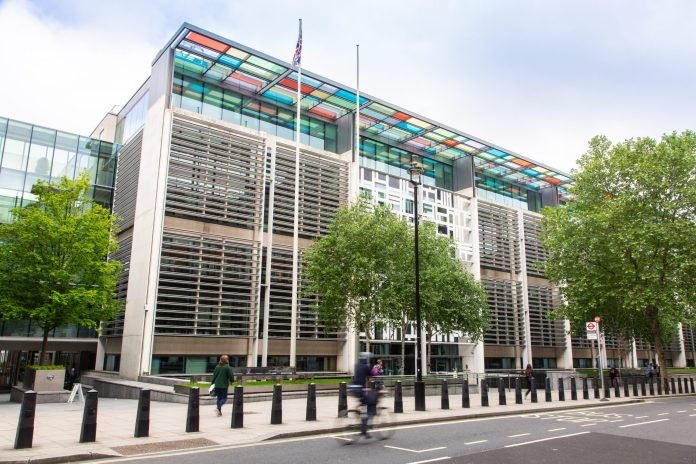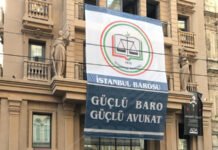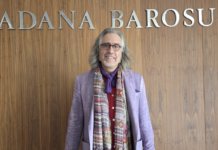The United Kingdom Home Office has released an update on its Country Policy and Information Note on the faith-based Gülen movement in Turkey, which detailed widespread rights violations suffered in the country by members of the group since a coup attempt in July 2016.
“Since the attempted coup, the government has carried out a crackdown on individuals and groups believed to have links with the Gülen movement, resulting in hundreds of thousands of arrests and detentions, over 117,000 convictions under anti-terrorism laws, the dismissal of over 130,000 public servants, the cancellation of over 230,000 passports, the closure of businesses and institutions and subsequent seizure of assets, and the pursuit of Turkish nationals residing outside of Turkey,” the report said, adding that the detention of individuals helping families of people jailed for alleged Gülen links and people accused of receiving or distributing financial assistance sent by Gülen followers abroad contributed to the number of detentions in recent years, including 2023.
The report also cited a European Commission publication that noted an increase in “credible allegations of torture and ill-treatment in detention centers and prisons” as well as a US Department of State report which concluded that people with alleged links to the Gülen movement are more likely to be subject to mistreatment and possibly torture while in detention.
The Home Office also pointed out the legal problems with the trials of alleged Gülen followers, such as the retroactive criminalization of acts of involvement that were legal at the time they occurred and the questionable nature of the evidence used against alleged affiliates.
The report also touched on the Turkish government’s campaign of transnational repression, which has secured the rendition of more than 100 citizens from dozens of countries.
In more than 10 footnotes, the Home Office report cited the Stockholm Center for Freedom as a source.
Turkish President Recep Tayyip Erdoğan has been targeting followers of the Gülen movement, inspired by Turkish Muslim cleric Fethullah Gülen, since the corruption investigations of December 17-25, 2013, which implicated then-prime minister Erdoğan, his family members and his inner circle.
Dismissing the investigations as a Gülenist coup and conspiracy against his government, Erdoğan designated the movement as a terrorist organization and began to target its members. He intensified the crackdown on the movement following an abortive putsch in 2016 that he accused Gülen of masterminding. Gülen and the movement strongly deny involvement in the coup attempt or any terrorist activity.
Following the coup attempt, the Turkish government declared a state of emergency and carried out a massive purge of state institutions under the pretext of an anti-coup fight. More than 130,000 civil servants, including 4,156 judges and prosecutors, as well as 24,706 members of the armed forces were summarily removed from their jobs for alleged membership in or relationships with “terrorist organizations” by emergency decree-laws subject to neither judicial nor parliamentary scrutiny.
In addition to the thousands who were jailed, scores of other Gülen movement followers had to flee Turkey to avoid the government crackdown.















